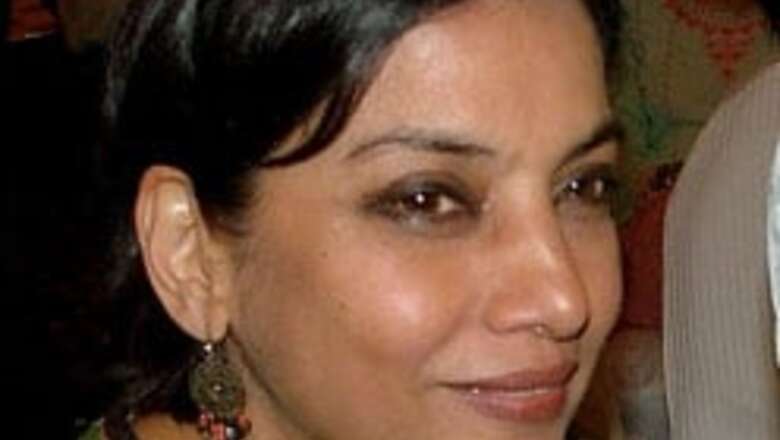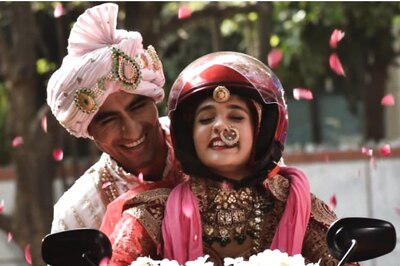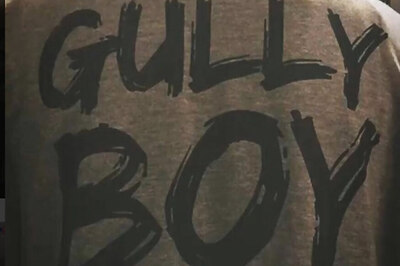
views
Lucknow: Even as the veil controversy in Britain refuses to die down, Muslim clerics here have sharply reacted to veteran Bollywood actress Shabana Azmi's statement that Quran does not make it mandatory for a woman to cover her face.
"It has become a fashion of sorts for some Indian Muslims to criticise the teachings of the holy Quran and Hadees," Maulana Khalid Rasheed Firangimahali, a senior All India Muslim Personal Law Board (AIMPLB) member and imam of the historic Tilewali Masjid here, said.
"Some Muslims in the country think they will be considered modern only when they criticise the Quran and Hadees," he said, referring to Azmi's statement.
While in London to receive the Gandhi Foundation's International Peace Award, the actress-turned-Rajya Sabha member had called for a debate on Muslim women wearing the veil, saying the Quran speaks about women wearing clothes to cover their modesty and that they need not cover their faces.
"The Quran has clearly instructed that women should put on veils," Firangimahali said, adding that this did not mean that they should not go to college or work and remain confined to their homes.
On the controversy over Muslim women wearing veils that was sparked by Commons' leader Jack Straw in Britain, the maulana said asking Muslim women not to wear veils was tantamount to a 'violation of their fundamental rights'.
Meanwhile, criticising Azmi for her alleged comment, the Shahi Imam of Jama Masjid, Syed Ahmed Bukhari, said she should confine herself to her vocation of entertaining people.
"Has Shabana Azmi ever read a single page from the holy Quran? She is an entertainer and she should confine herself to her profession and must not speak on things she has no knowledge about," Bukhari told reporters in Allahabad.
He asserted that the Quran clearly instructs Muslim women to wear a veil, though it is always up to the followers of any religion how sincerely they follow its principles. He made it clear that if a woman chooses to move out without a burqa, it would be considered against the tenets of Islam.
"Many of our Muslim brethren do take alcohol. But this conduct of theirs does not refute the fact that taking any type of intoxicant is forbidden in Islam," Bukhari added.



















Comments
0 comment